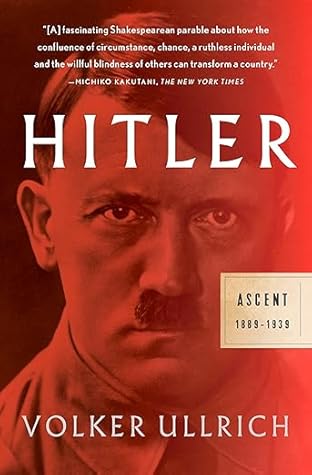Historians have perennially tried to answer the question of whether Hitler’s rise to power could have been halted. Doubtlessly, there were powerful tendencies, deeply anchored in German history, which promoted the success of National Socialism. They included an anti-Western nationalism that rejected the “ideas of 1789,” that felt particularly provoked by Germany’s unexpected defeat in the First World War and the perceived humiliation of the Treaty of Versailles, and that took refuge in stab-in-the-back legends and lies about Germany’s lack of responsibility for the war, so as to prevent any
Historians have perennially tried to answer the question of whether Hitler’s rise to power could have been halted. Doubtlessly, there were powerful tendencies, deeply anchored in German history, which promoted the success of National Socialism. They included an anti-Western nationalism that rejected the “ideas of 1789,” that felt particularly provoked by Germany’s unexpected defeat in the First World War and the perceived humiliation of the Treaty of Versailles, and that took refuge in stab-in-the-back legends and lies about Germany’s lack of responsibility for the war, so as to prevent any sort of self-critical examination of who was responsible for the disaster of 1918. Other factors included the anti-Semitism that already permeated all strata of German society except the Social Democratic working classes in the Wilhelmine Empire, and which had been radicalised by the First World War and in particular by the revolutionary months of 1918 and 1919; the influence of pre-democratic elites, above all the military, Eastern Elbian aristocratic landowners, large-scale industrialists and civil servants within the government and the justice system, whose power had basically remained untouched in the democratic Weimar Republic; the structural shortcomings of the Weimar Constitution, making the Reich president into something of an ersatz kaiser and allowing him to rule by emergency decree, which in the hands of a dedicated monarchist like Hindenburg was practically an invitation to ...
...more
This highlight has been truncated due to consecutive passage length restrictions.


